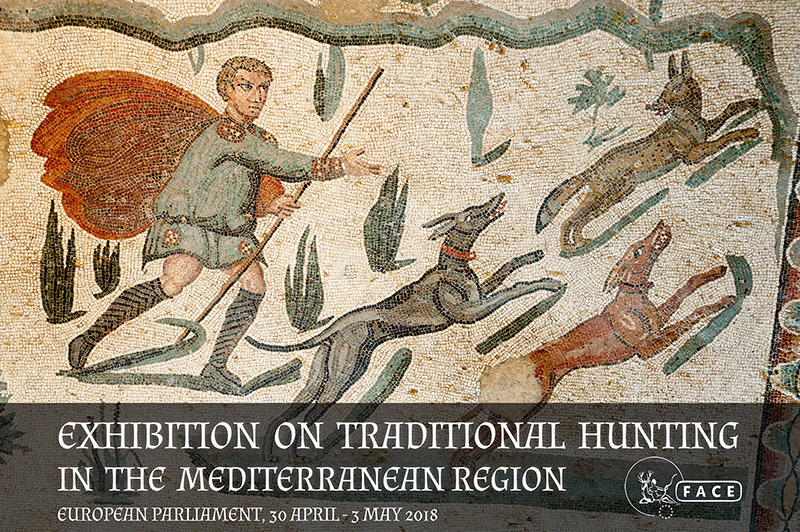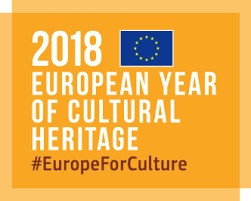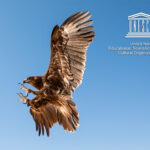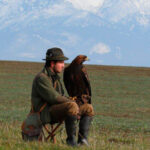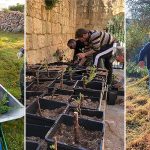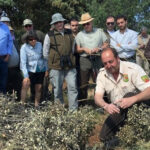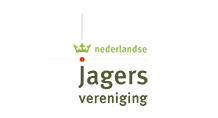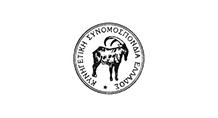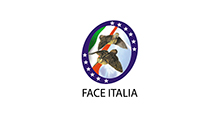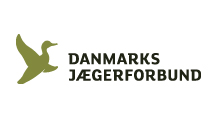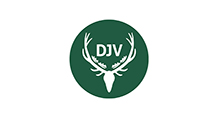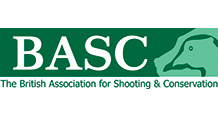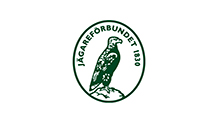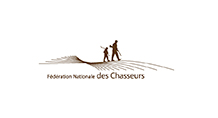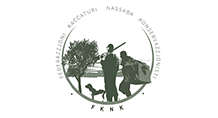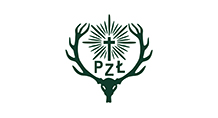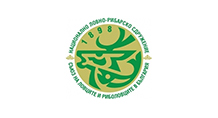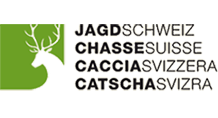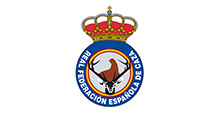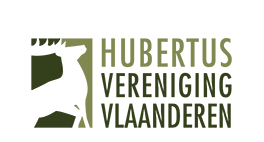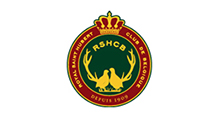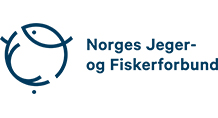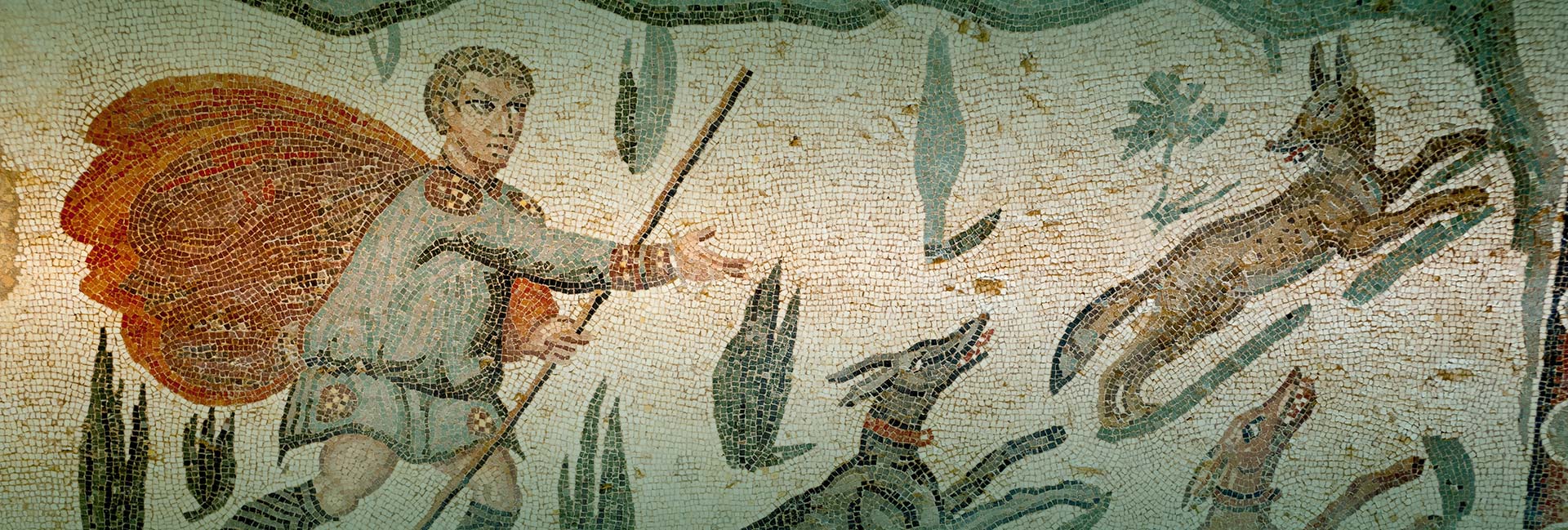
Hunting Methods & Culture
The diversity of these methods, traditions and cultures gives rise to these aspects having varied application through Europe. In recognising the principle of solidarity, FACE supports the various legal hunting methods, traditions and cultures in Europe whilst fully recognising the principle of subsidiarity which defers decisions on their application to national levels.
FACE works primarily to support activities related to hunting methods, traditions and cultures, this work often being carried out by other organisations, who we view as important partners. These include the International Union of Hunting with Hounds, the European Bowhunters’ Federation, the International Association for Falconry and the Conservation of Birds of Prey and the European Association of Traditional Hunters to name a few. In addition our work in support of angling recognises the fact that a number of our Members are hunting and angling associations and is also a form of solidarity with other recreational wildlife users, with whom we share many common values.
HUNTING IS DEEPLY CULTURAL IN EUROPE
Since its foundation, FACE and its Members have promoted the practice, tradition and heritage of hunting where it has existed for centuries.
As a Federation, our Members undertake to maintain aspects of their national hunting culture together with other rural stakeholders. FACE Members organise national exhibitions, contests and educational events related to their hunting culture. Where regions share similar cultures (Anglo-Saxon, Nordic, Central European & Mediterranean) their Membership to FACE facilitates cooperation in promoting and safeguarding their hunting culture. This is done through various means, but in all cases through drawing on the expertise and knowledge from within our Membership.
In 2012 FACE was formally accredited by the General Assembly of the UNESCO Convention on Intangible Cultural Heritage. The accreditation is given to non-governmental organisations with recognised competence in the field of the intangible cultural heritage to act in an advisory capacity on hunting to the Committee.

